
OR
International Women’s Day
As we celebrate the International Women's Day today, there is a lot to reflect where and how the world, including Nepal, is failing to treat women with respect and why the biases and injustice happening to half of the world's population must be done away with, once and for all.
Nepal is moving forward in terms of legislations and institutional arrangements to empower women and to ensure gender equality. Yes, much needs to be done yet but with the constitution itself guaranteeing 33 percent representation of women in the parliament and in political structure, political parties are obliged to honor those provisions. Nepal has the first female president. We have a number of women serving as elected representatives in the local spheres. In total of 753 local governments, of 35,041 elected representatives, 14,000 are women, making it 40 percent representation in local spheres.
And most important of all, Nepali women are much more aware about their rights, claiming them and seeking space in politics, business and society. These, compared to where we were a decade ago, are the achievements to cherish. However, women in Nepal still suffer from various kinds of discrimination and abuses. Most gruesome form of violence such as rape and trafficking continues and not all perpetrators are tracked and brought to justice.
Nepal's National Women Commission (NWC) reported in May last year that a total of 649 cases of economic violence, 585 of physical violence and 459 of mental violence related cases were registered at the NWC. The perpetrator of rape and murder of Niramala Panta is yet to be booked. This is one example of how our institutional and legal arrangements to save girls and women from harm have not been much successful.
Alarmingly, paying no or less regard to women seems to be a global affliction. Gender Social Norms Index released by the UNDP on Thursday shows that globally close to 90 percent people hold some sort of bias against women. The study commissioned by the United Nations in 75 countries that covered over 80 percent of the world’s population provides new clues to the invisible barriers women face in achieving equality.
The index reveals that about half of the world’s men and women feel that men make better political leaders, and over 40 percent feel that men make better business executives and that men have more right to a job when jobs are scarce. Some 28 percent think it is justified for a man to beat his wife, according to the UN study. The study also says that only 24 percent of parliamentary seats worldwide are held by women and there are only 10 female heads of government. Despite, as mentioned by UN Secretary General Antonio Guterres in his op-ed (published today in this daily), women and girls doing some 12 billion hours of unpaid care work every day. In Nepal, preference for a man over a woman in the top post reflected in January, when political parties almost unanimously stood against electing Shiva Maya Tumbahangphe to the post of Speaker of House of Representatives.
Thus the world needs to do a lot to ensure equality and dignity to women in all spheres. But as a country where women tend to be deprived of opportunities simply for being women, Nepal needs to do more. Political class, private sector and the whole of the society need to make women empowerment, equality and dignity their priorities. Women's Day could be the right occasion to reaffirm the commitment both in words and actions.
You May Like This
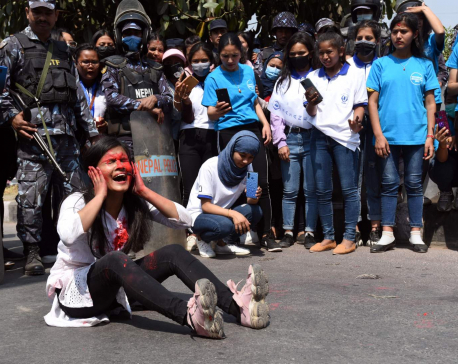
Students close to Oli-led faction observe International Women's Day in capital (with photos)
KATHMANDU, March 8: The All Nepal National Free Students’ Union (ANNFSU), the student wing close to Oli-led faction of erstwhile... Read More...
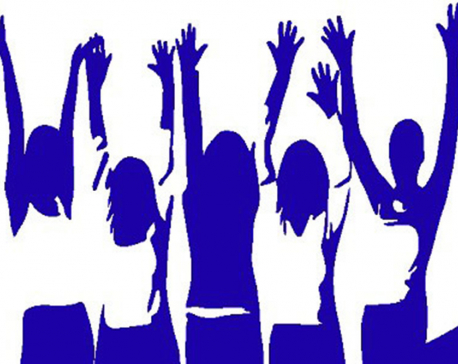
Open letter to world leaders
As women leaders, we call on leaders in governments, the private sector, and civil society to reinvest in policies and... Read More...

International Women's Day to be observed in Nepal in grand manner
KATHMANDU, Mar 6: The Ministry of Women, Children and Senior Citizen has urged for cooperation from all quarters including stakeholders,... Read More...




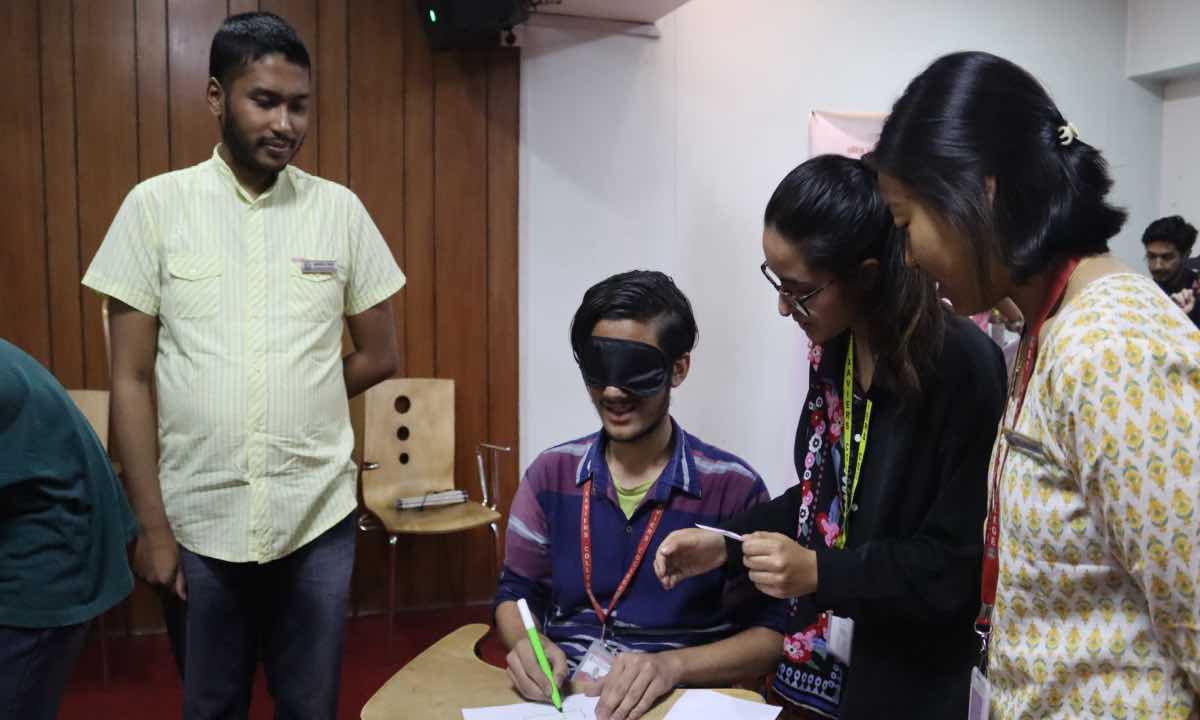
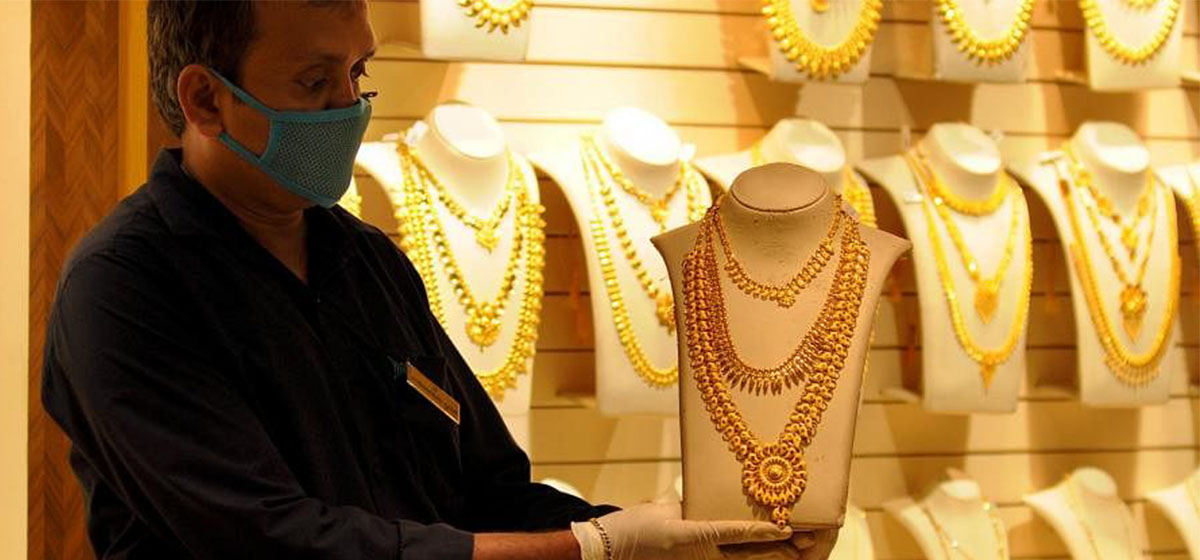
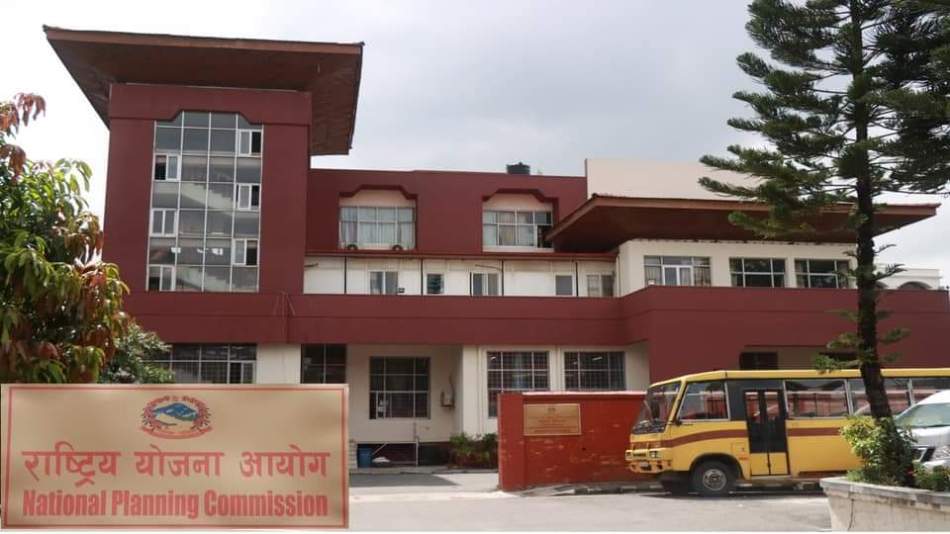

Just In
- One killed in tractor-hit
- Karnali Chief Minister Kandel to seek vote of confidence today
- Chain for Change organizes ‘Project Wings to Dreams’ orientation event for inclusive education
- Gold price decreases by Rs 200 per tola today
- National Development Council meeting underway
- Meeting of Industry, Commerce, Labor and Consumer Welfare Committee being held today
- Nepali announces cricket squad under captaincy of Rohit Paudel for series against West Indies 'A'
- Partly cloudy weather likely in hilly region, other parts of country to remain clear








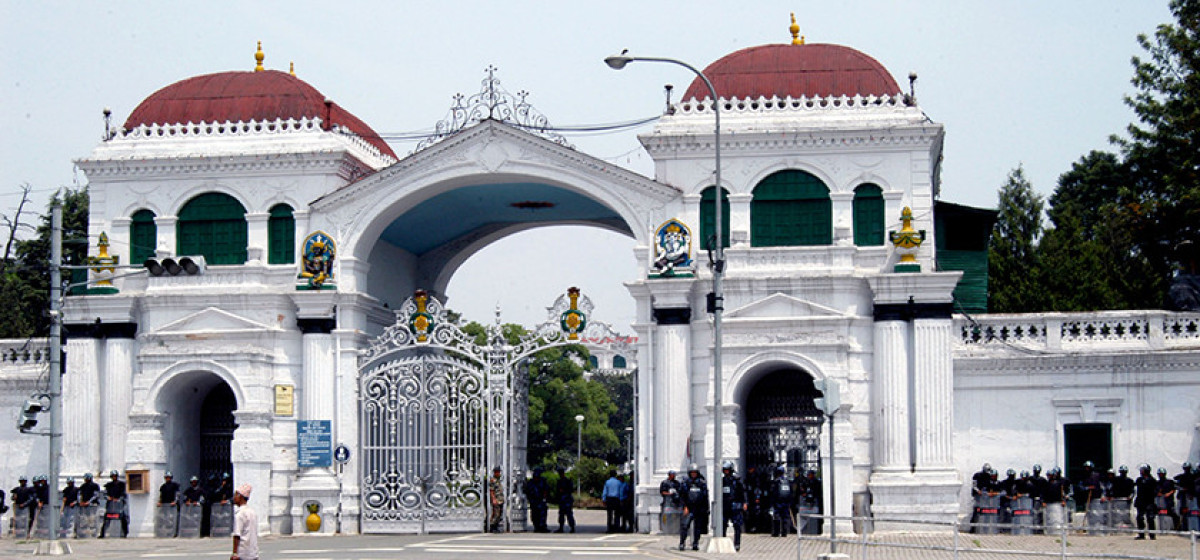
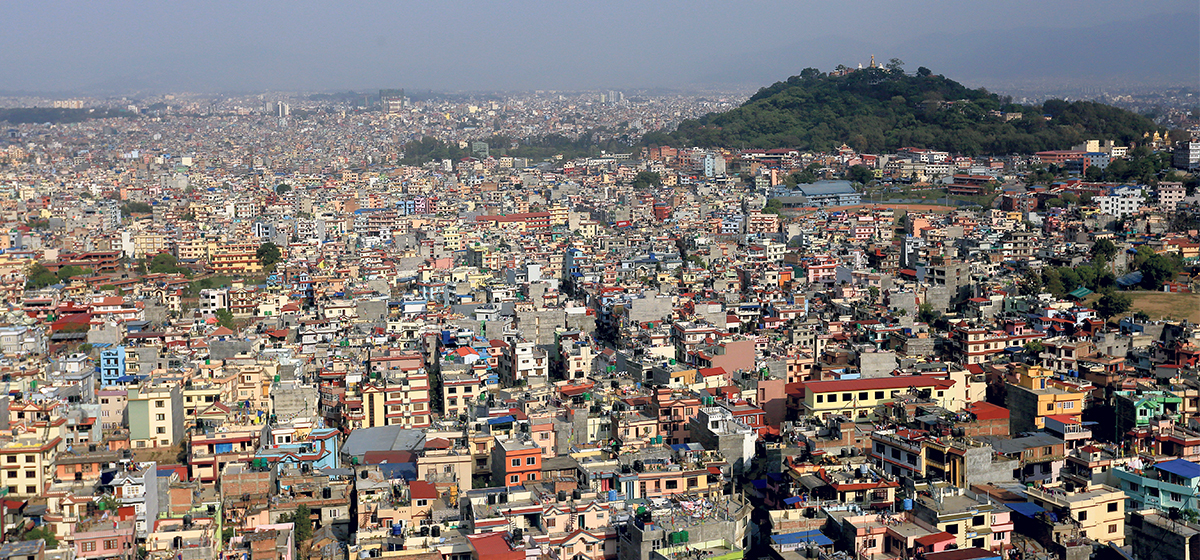
Leave A Comment